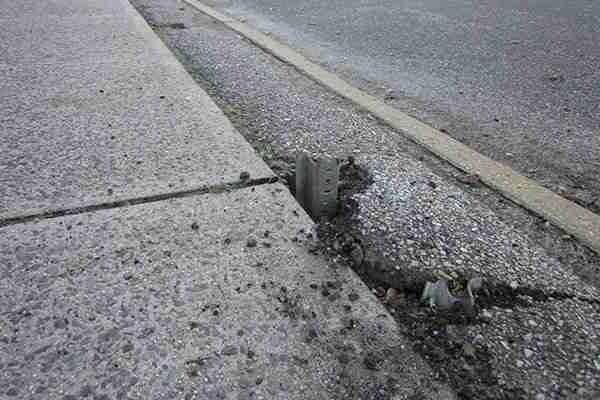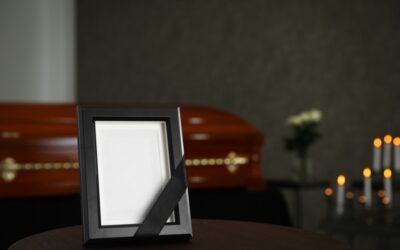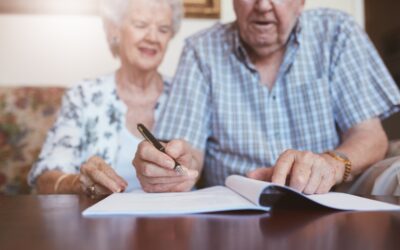It seems like it would be a pretty easy question to answer, but it can get quite complicated. The answer depends on where you are.
New York State law requires property owners to maintain their property in a reasonably safe condition. If someone is injured because the property is not properly maintained, the owner could be held liable for negligence and be responsible for someone’s injuries.
When it comes to the public sidewalks in front of your house, things can get a little fuzzy. Generally speaking, even though the sidewalks are owned by the municipality, most local codes require the abutting property owner to maintain the sidewalk, including keeping the sidewalk clear of obstruction, or, in the winter, snow, and ice. In some municipalities, even if someone were to be injured on a sidewalk, the injured party would not be able to bring a suit against the property owner unless the owner created a more dangerous condition than was already present.
In many municipalities–the City of New York, local villages like Mineola or Hempstead, and towns like the Town of Oyster Bay–local ordinances specifically shift liability for these kinds of injuries from the municipality to the abutting property owner.
These liability-shifting codes are important to ensure the safety of people using public sidewalks and pathways. Without directly imposing liability on the abutting property owner–the person best suited to care for these areas–many people would suffer serious injuries and be unable to obtain fair compensation even though it’s obvious that someone was careless and negligent and didn’t take care of a sidewalk.
Not surprisingly, in the areas where the town is liable, it is much harder to bring a suit against the town, and generally, compensation is much lower. The towns require a 90-day notice prior to a lawsuit being filed and in a lot of cases, there is a much shorter window in which to file a claim due to strict statutes of limitations compared to the towns where the liability has been shifted to the homeowners.
If you, a family member, or a close friend have been injured, talk to us about what your rights are and what you can do.




